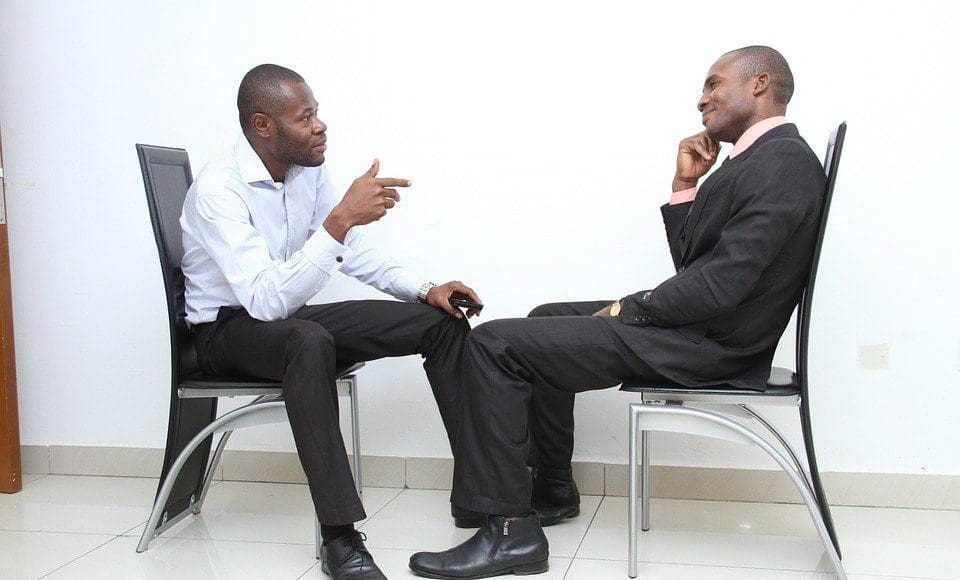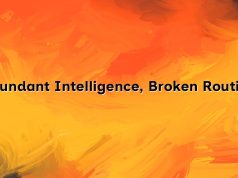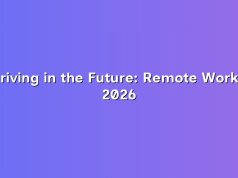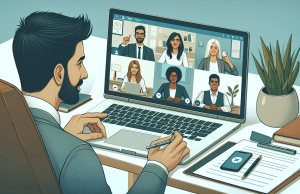Your success in a job interview depends on how you plan for it. Interview prep work mainly includes investigating the job and the firm and attentively considering your answers to the interview inquiries. However, in addition to pre-interview prep work, there are particular elements you ought to plan for throughout and after the interview. In this short article, we take a look at the steps associated with preparing for a job interview and some actionable pointers to enhance your chances of success.
Research Earnings Calls, Quarterly Reports & Blog Posts
In today’s world, content is everything. Goldman Sachs releases quarterly reports, Microsoft records its earning calls, and every startup has a blog.
With so much information available, it’s baffling that few of us look past the company’s homepage. It’s like we’re creating an essay on The Odyssey without excerpting even one passage from the book.
Use Google Alerts
Staying updated with business information is hard, especially if you’re interviewing with several areas simultaneously. That’s why Google Alerts is a savior; it’s a tool that emails you anytime a new story appears for a specific term. By doing this, you learn about current events without searching for them.
Use Social Sweepster To Clean Your Facebook & Twitter
Nowadays, 91% of employers look at your social media sites to know more about you. While many people tell you to be cautious of every post you publish, there’s a more straightforward method. Use Social Sweepster, an app that spots pictures of red solo mugs, beer containers, and also other “questionable” items. It even discovers profanity from your past messages!
Schedule For Tuesday at 10:30 AM
According to Glassdoor, the very best time for a meeting is 10:30 in the morning on Tuesday. Bear in mind; your interviewer is a busy person with multiple duties beyond employing. They’re replying to emails, balancing projects, and meeting many other candidates, so it’s vital to think about when they’ll remain in the best mental state to meet you.
10:30 AM Tuesday is a beautiful space since you:
Avoid the bookends
Prevent lunch break
Basically, if the firm is recruiting for a project starting in a few months, try to book an interview late morning between Tuesday through Thursday. If the firm is hiring right away, grab the earliest slot.
Craft Your “Story Statement”
A Story Statement shows that you’re a human being, not just a professional. It additionally makes it simple for your job interviewer to forecast the next chapter of your story.
Chances are, we’ve all had experiences we can link to where we’re attempting to go. It’s just a matter of choosing the right ones to recount our story. But, that said, if you’re finding it hard to craft your story statement for a specific interview, you might be applying for an unsuitable job for you.
Use a Refined Style Statement
We currently know dressing well creates an impression. Yet what if we take it a step further? Wear something that represents your culture or history that may catch the attention of the interviewers and can become a conversation starter. You can even customize your attire based on the culture of the company you are applying for.
Prepare for The “What’s Your Weakness?” Question
The majority of people overthink this question and also offer a canned answer like “I’m paranoid about perfection in my work!” Others provide a simple solution yet still disappoint what this question is genuinely demanding. It’s not really about admitting your weaknesses. It has to do with demonstrating how you conquer them. What systems have you established? What development have you made? Include those thoughts to strengthen your response.
Brainstorm 3 “PAR” Anecdotes
Your interview is as unforgettable as the stories you share. So many people have remarkable experiences; however, they forget them when they’re on the hot seat. To fix this, have three stories prepared to plug into your interview. Your narratives need to follow a straightforward layout:
Problem– what was the scenario?
Action– what did you do to solve it?
The result– what changed afterward?
With this layout, you can adapt your PAR narratives to fit a range of questions too.
The future of work means differently to each one of us: some see it as more technology and less human, some expect a more humanized space and some others imagine it to be a no-workplace world. In our journey to unwrap FutureofWork, Work2.org invites leaders from various industries to help our global community to understand what the posterity holds for workers, leaders and organizations. While our team is busy at bringing this fresh ideas directly to you, we would appreciate our community help in making it possible. If you like what you’ve read, we would appreciate if you could spread the word within your circles and let us know if anything you want us to bring into this #FutureOfWork conversation.



























